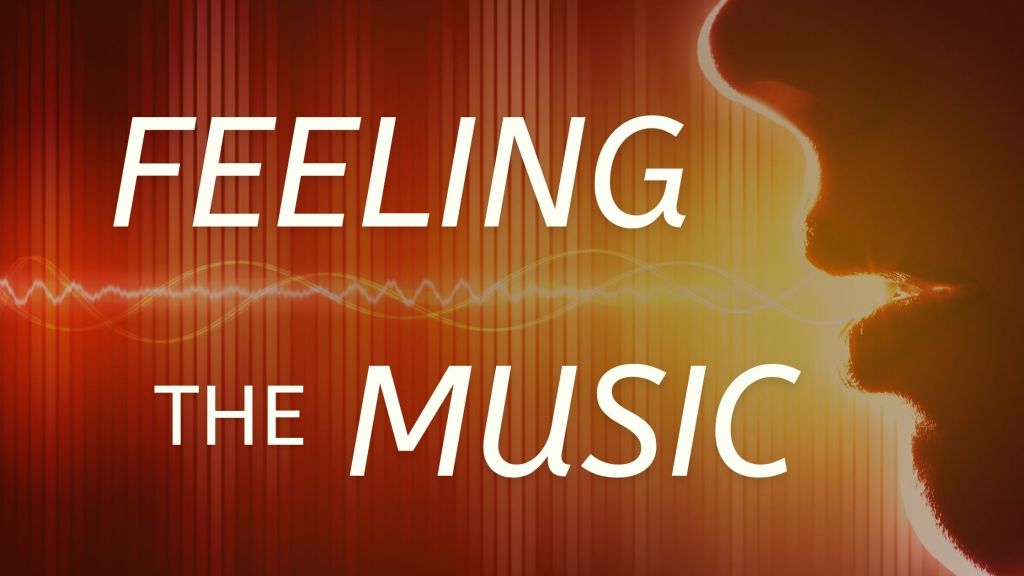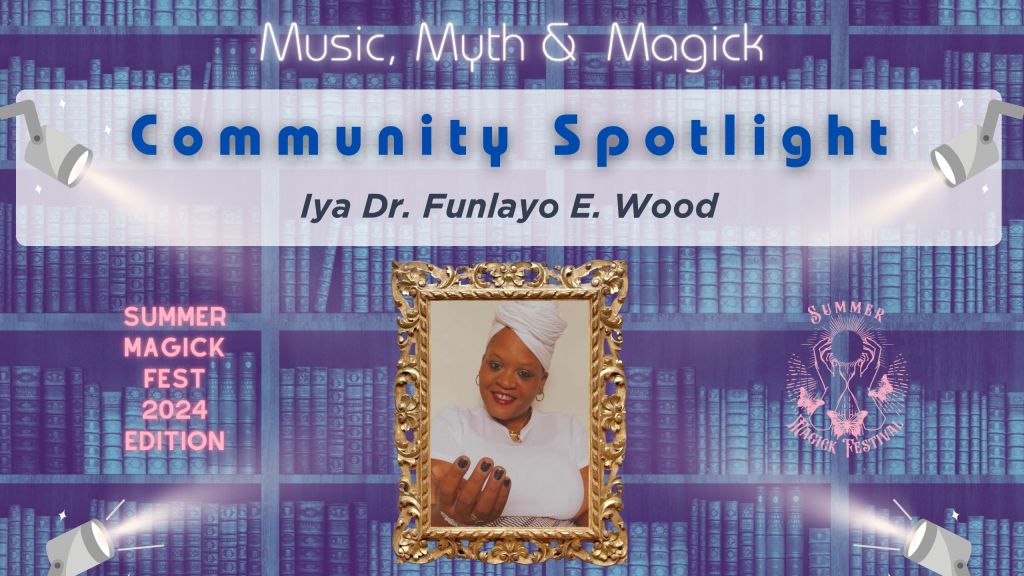This is the story of how I wound up playing guitar for a church worship band for more than a year.
Warning: This post is largely anecdotal. In order to introduce a key concept later, I’m going to tell you a really long story. Admittedly, most of the elements are completely unrelated, but I think it’s all interesting enough to tell.
When I was 18ish, I had moved out of my parent’s house and [rather privately] renounced Christianity. I wasn’t quite ready to publicly make a change of faith, however, as I was fearful of the backlash from church-going friends and family. As such, I still attended church… sometimes.
For a while, I went church shopping every Sunday — trying out new venues, desperately seeking a balance between having a laid back congregation and still being “conservative enough” to keep my family off my back when they asked where I was attending.
One week I found a place. It didn’t feel as stuffy as the others. Also, the music was pretty rocky, which I enjoyed. Let’s call this place “Uncommon Baptist Church” … or UBC for short. And no, that’s not actually it’s name.
On my first visit to UBC, the services had ended and there was a fellowship break. Instead of immediately running out to my car in order to dodge any potential welcomers, I decided to go grab a donut and coffee. Maybe I was especially hungry that day or maybe I just thought everyone was laid back enough to leave me alone. But I was wrong.
A man, probably in his late 30s, approached me and introduced himself. He asked if this was my first time visiting. Typical greeter BS. But then he shifted the conversation and started casually talking about music. Crap, he kind of had my attention. With a small amount of interest and a large amount of just trying to be polite, I kept up with the conversation. For some reason he asked if I played guitar, to which I replied in the affirmative.
“Oh, let me show you this beautiful classical guitar I have! Come with me, it’s in my office,” he said, turning around and starting to walk away.
I followed, for whatever reason, through a set of double doors, down a stairway, around a few corners, and finally into a quiet office.
As I write that, it I realize it does sound kind of like “hey kid, come into my van, I’ve got a bunch of candy in here.” But I wasn’t a kid and there actually was a guitar. It turns out he was the music director for the church — a title I noticed on a nameplate attached to his office door. I’m not a fan of using people’s real names here, so I’ll go with a common alias. Let’s call him Bob.
Bob unlatched a guitar case and pulled out a beautiful nylon string classical guitar. It was deep red and had a brightly colored rosette.

The purpose of this image is to break up the enormous wall of text I’ve set before you…
“I’m a drummer,” he said. “I don’t really play stringed instruments.”
And with that, he handed the guitar to me and sat down behind his desk.
As a musician, it is not unusual for people to just randomly hand you instruments and expect you to play something. Naturally, I sat down and started playing whatever classical piece I had been working on most recently.
After about fifteen seconds, Bob chimed in and said, “Oh, Francisco Tárrega? That’s Capricho Arabe, right?” I was a little caught off guard. He had just named the piece I was playing and the composer, like he was recognizing an old friend. I mean, it’s not like it’s an obscure piece — within the guitar world anyway — but still.
“You know it?” I asked.
I think he noticed my surprise. He brushed it off, letting me know he studied music in college. I suddenly became aware of his master’s degree hanging on the wall. It was from a somewhat prestigious university with a very good music program. I was… impressed. This guy knew some shit.
Bob leaned forward in his chair and stared straight into my eyes. His face changed to seriousness.
“I’ve been praying for God to send me a guitarist,” he said. “I think you’re that person… and I think he brought you here today.”
Well… uhhh… okay. How do I tell this guy that I’m not really interested in his religion, deity, or prayers? I was struggling to find words of objection and also just pretty damn amazed he dropped such a huge bomb within ten minutes of meeting me. Unfortunately at this early point in my life, I didn’t have any defenses against someone telling me that I was an answer to their prayers. This guy had conviction.
“Will you come to worship band practice tonight and rehearse with everyone? No pressure. Honestly, it would help them to just practice with a guitarist. And if you have fun, you can play with us for the main services.”
So that’s the story of how I spent a year as a Christian worship band guitarist. Honestly, it was kind of fun. It gave me some decent stage time and forced me to learn to communicate with other musicians on a more professional level.
But that’s not the point of the story. There’s more. Sorry, but I did warn you it was really long.
Now that you know how this all started, let me tell you about what what happened later that absolutely blew my mind.
My parents were curious about the church I was attending. They came to visit one week and saw me performing. I should point out that drums, bass, electric guitars, or anything that says “rock music” is not their cup of tea — they believe all church music should be hymns sung along to a piano. In fact, they’re vehemently opposed to all forms of rock music.
After the service, I was talking with Bob near the stage. My dad walked up and, surprisingly, gave a positive remark.
“That actually sounded great,” my dad said. “The distorted guitar filled out the sound underneath the vocals. But there was one thing…”
Bob and I both looked at my dad, curious to what his next statement would be.
“The bass is a bit too loud when you’re up front and close to the stage.”
Bob replied: “Oh, right. It is loud. Actually, we do that on purpose. This way, the deaf members of our congregation can feel the sound and be included in our worship.”
The deaf members… can feel the sound. Even though they can’t hear, they can still be included in the music — and by association, the worship in their religion.
My mind was effing blown.
Pressure Waves
You can feel sound because sound waves are pressure disturbances that move through the air. Millions of tiny particles are bouncing off of each other in a ripple effect from the speaker to your ear.
Higher frequencies have shorter wavelengths and tend to bounce around, easily reflecting off of surfaces. Lower frequencies, by contrast, have longer wavelengths. Bass, especially in the range of 50-125 Hz, can really give you a tactile “thump” in your chest. You might also feel it in your head, throat, or on your skin as tiny hairs are vibrating back and forth.
As a kid, I was scared of fireworks displays. There’s a picture somewhere of me as a baby wearing an adult set of noise-reducing earmuffs — my family was at some big July 4th celebration and I was crying because of how loud it was. I’m sure the ear protection helped, but you can still feel the explosions… and I think that’s what scared me the most. For as long as I can remember, I’ve always known what sound feels like, but I’ve never considered how impactful that feeling might be if it doesn’t have the corresponding sensation of hearing.
Go watch this scene from the movie CODA, where a father lays his hands on his daughter’s neck so he can hear her sing.
Intonation and Resonance
One way you can apply some of this to your magickal practice is by finding your own resonant frequency — this is a specific pitch range that will cause your body to vibrate while intoning words, chants, or other sounds.
There are a number of things that impact the tone of your voice, including your vocal chord length, throat size, nasal passages, and basically everything in between or adjacent to them, so it’s different for everyone — kind of like a fingerprint. Start at a high pitch and work your way down to a lower one. At some point, you’ll feel a range that causes your chest and/or throat to vibrate more than the others. This is the area you’ll want to focus on. Hint: It’s usually in the lower 1/3 of your register.
The next time you deliver an incantation or evocation, don’t just hear the words… feel them.
What’s the POint, Aerik?
That’s a great question. Thank you for asking! There was no single point to any of this. It was just the story of how I accidentally joined a Christian worship band. I did warn you up front that it was largely anecdotal. But the next time you listen to some bass-heavy music, imagine what it would be like if you couldn’t hear it. Don’t forget to always be grateful for what you have… including sensation!
Please keep your hands and arms inside the fine print section at all time. Remember to secure all loose articles and small children. Aerik Arkadian is not responsible for any injuries, either mental, physical, or emotional, that may result from reading the above information. This has been another successful fine print section. Thank you. You may not return to your day.



Leave a comment